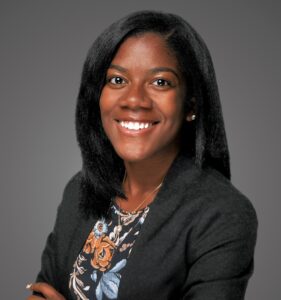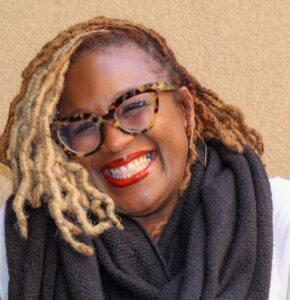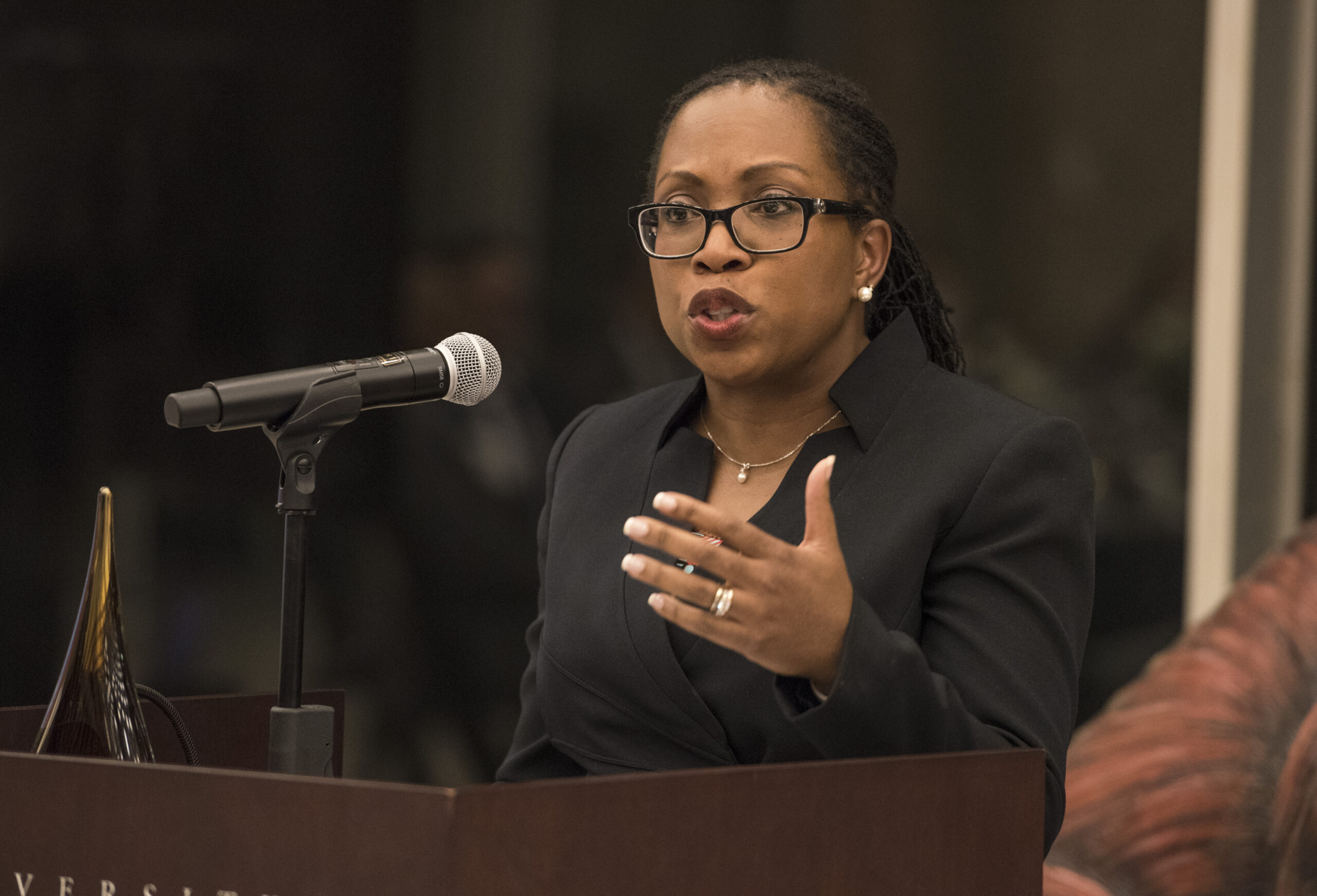As Tatiana Hyman sat waiting for one of her last interviews to become editor in chief for the Fordham Law Review last year, her leg bouncing up and down nervously, a nearby television showed Kamala Harris being sworn in as vice president. Hyman smiled, feeling pride and happiness that more Black women were gaining positions of power.
A few weeks later, Hyman became the first Black editor-in-chief for Fordham Law Review.

As Hyman watched the Supreme Court nomination hearings for Ketanji Brown last week, she gained even more hope and aspirations for her future.
“I can see bits of my story in Judge Brown Jackson’s resume, you know, and it gives me extra encouragement that there’s nothing I can’t accomplish if I put my mind to it,” Hyman said
Born and raised in the Bronx, Hyman is now a third year law student at Fordham. She hopes to improve educational opportunities for Black and Brown students in inner city areas in her future.
Hyman described law school as being ‘jarring’ for her, as she was one of four Black students in her class of 90 during her first year. Some of her classes—particularly those with discussions of criminal justice—have made her emotional, as opposed to most of her other classmates.
“I did a lot of participating in protests and things around the murder of Michael Brown and I feel like it’s hard in an academic space to reconcile those emotions,” Hyman said.
Black lawyers only make up only 5% of the legal profession, making it one of the least diverse professions in the nation, according to Howard University Law School Dean Danielle Holley-Walker. When Howard’s law school was created in 1869, she said, its stated mission was to train lawyers “who would have a strong commitment to helping Black Americans secure and protect their newly established rights.”
“The Supreme Court has had a closed door to Black women for the last 230-plus years,” said Holley-Walker. “So what Judge Jackson’s nomination represents is the idea that that door of opportunity is open, and that while she may be the first Black woman to walk through that door, she’s likely not to be the last.”
Bronx native Porsha Shaf’on Venable, an attorney working for the Bronx Defenders, said what Brown Jackson’s nomination hearings show is what Black women go through in their lives daily and it feels agonizing to her.
“This is what we go through, not just when I walk into court,” Venable said. “They asked me for my court ID and not my white colleagues. I’m presumed to be a client and it never crosses anyone’s mind—not a judge, not a clerk, not an officer—that I am an attorney.”

Like many other Black women in academia and professionals, Venable said she suffers from imposter syndrome. Imposter syndrome refers to doubting one’s abilities regardless of the achievements they have made.
Even though Venable has two professional degrees and is currently a supervising attorney, she questions whether she belongs in these spaces. When she watches Brown Jackson standing up to Republicans who questioned her extensive experience, it was confirmation for Venable to keep pushing through the barriers.
“It’s beautiful to watch this dark-skinned, locked-haired, black woman sit there and remind them about who we are—that we’re absolute magic,” Venable said.
Bronx Borough President Vanessa Gibson, the first Black woman in her position, finds more women of color motivated to gain positions of power.
“I think with us being elevated to these positions, we are not only showing young girls that not only can you do it, but we are living examples and living history that it can and should be done,” Gibson said.
As Hyman finishes up her last year at law school, she – along with other Black women in the Bronx and around the country – hope to witness the first Black woman sitting on the Supreme Court.
“It’s telling when you have a person that has demonstrated capabilities and qualifications, and then they’re still questioning them,” Hyman said. “I think it just highlights, again, the barriers that still exist for women of color and people of color in general in the legal field.”

